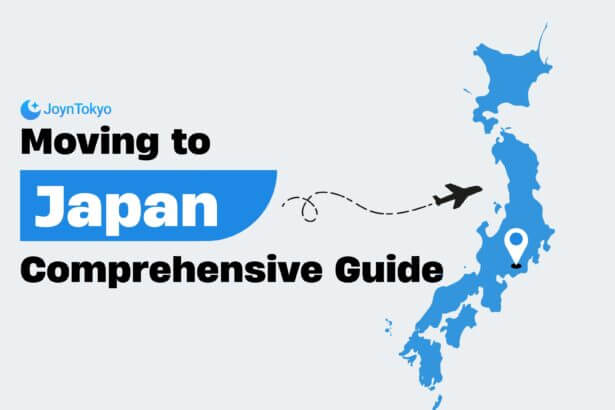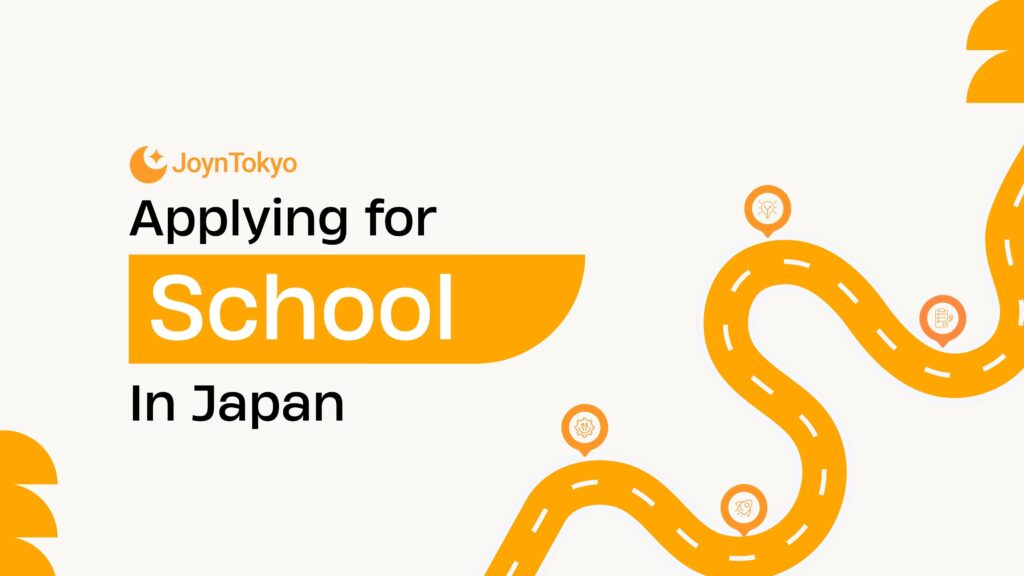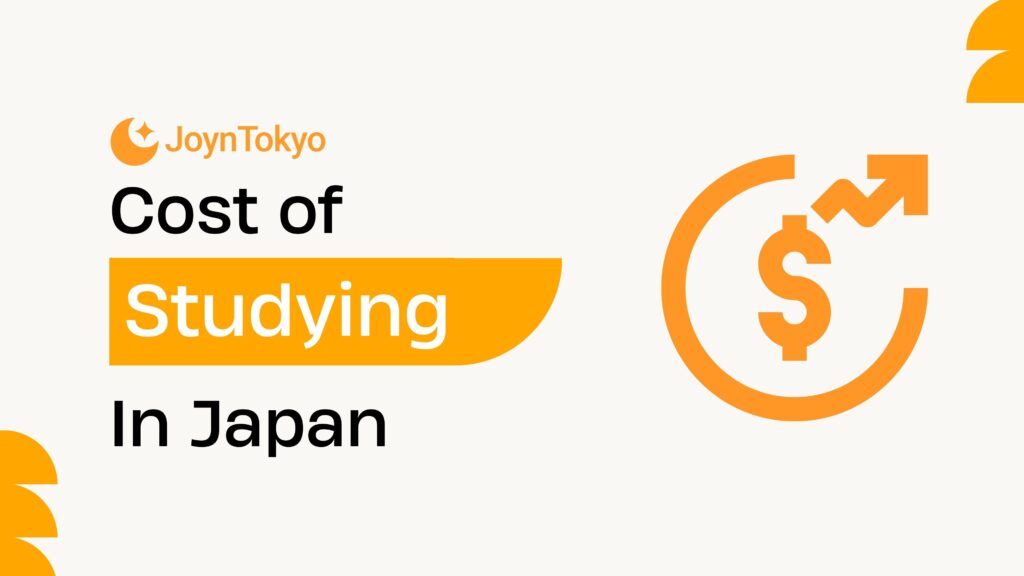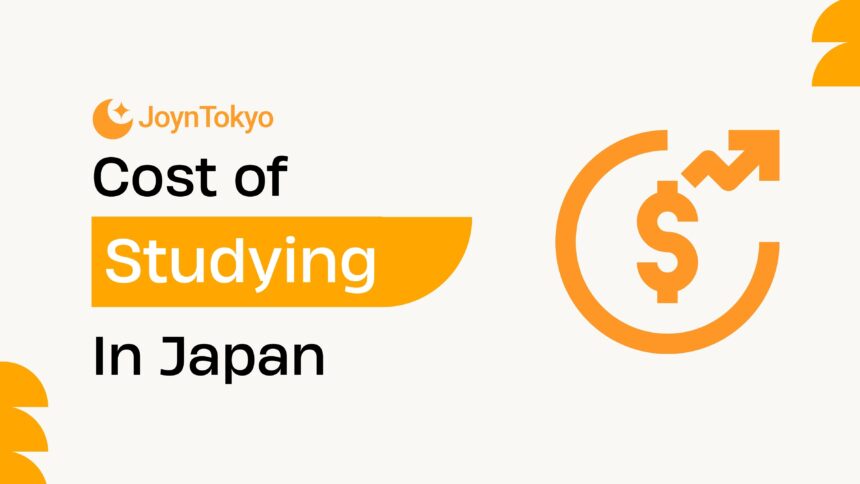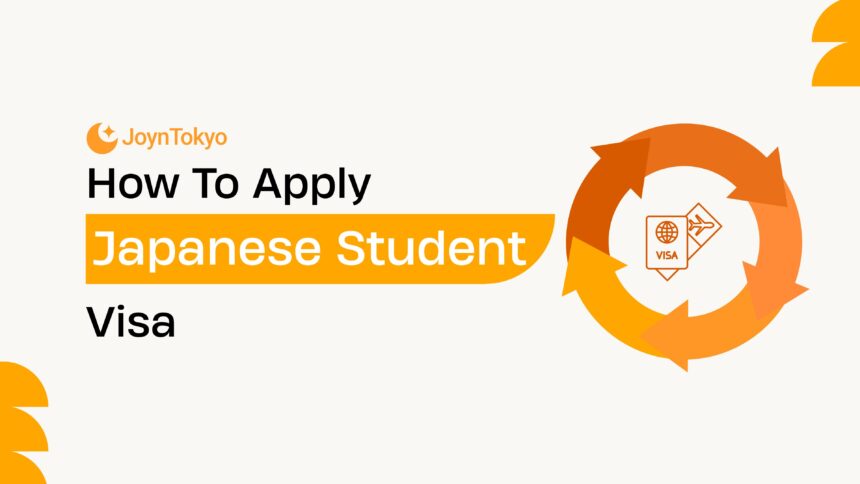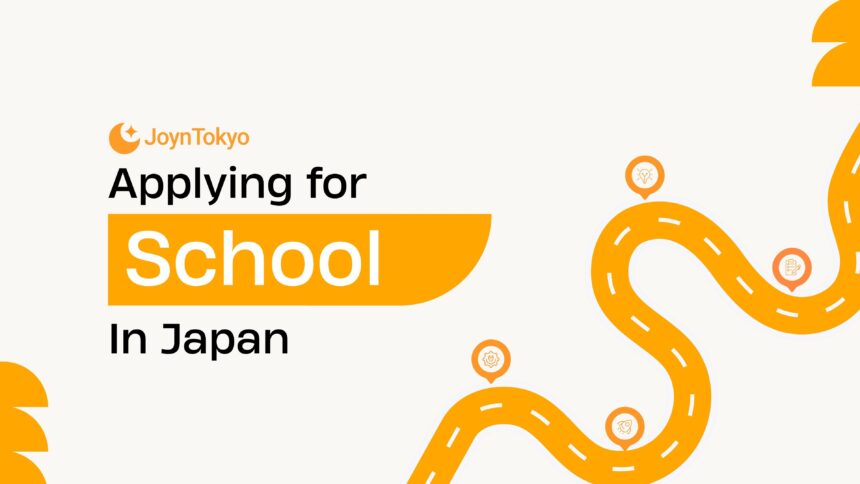For international students aiming to study in Japan, the Examination for Japanese University Admission (EJU) is a critical step. Universities across the country use EJU scores to evaluate foreign applicants, ensuring that students have the academic ability and Japanese language proficiency needed to succeed in higher education. Knowing whether you need to take the exam, when to register, and what grade level is appropriate will help you plan your study path effectively.
Do You Need to Take the EJU?

Not every international student is required to sit for the EJU, but for most applicants to undergraduate programs in Japan, it is an essential requirement. Public universities, prestigious private universities, and institutions participating in the “International Student Admission” scheme commonly ask for EJU scores. Some schools may accept alternative qualifications such as SAT or A-levels, but these cases are exceptions.
The EJU is especially necessary if you plan to enter a Japanese-taught program. For English-based degree courses, many universities instead require TOEFL or IELTS results. Before applying, carefully check the admission guidelines of your chosen institution to confirm if EJU is mandatory.
What Grade Should You Take the EJU?
The EJU is designed for students who have completed, or are about to complete, their high school education. In practice, this means the ideal time to take the exam is during your final year of high school. Students who have already graduated can also take it, provided they meet university entrance requirements.
Japanese universities expect applicants to demonstrate both subject knowledge and academic readiness equivalent to a high school graduate. Because of this, sitting for the EJU too early may not reflect your true ability, and waiting too long could delay your admission process. Aiming for your senior year or immediately after graduation provides the best balance.
Turn Your Education Plans into a Real Path to Study in Japan!
Our consultants can guide you through school options, applications, and visas so you can focus on preparing for life and learning abroad.
Book Your FREE Consultation✓ 500+ Bookings as of 2026-02-07 ✓ English-speaking support
When Should You Take EJU?
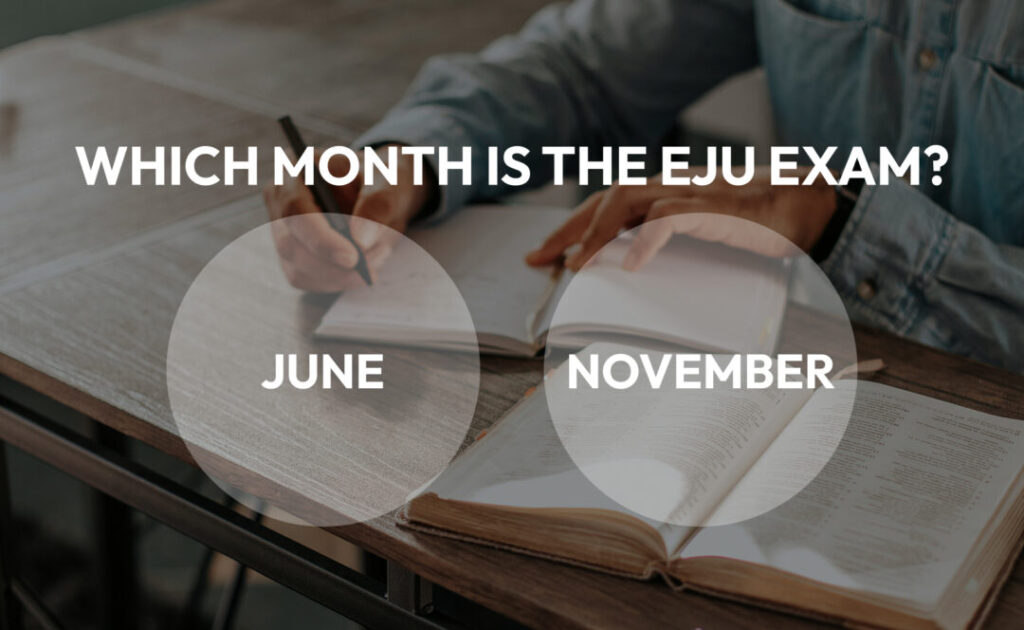
The EJU is held twice a year, in June and November, at test centers in Japan and overseas. Timing your exam attempt depends on your target university’s admission cycle. Many schools accept June results for autumn admissions and November results for the following year’s intake.
It is advisable to take the June session if possible. This way, if your scores are not as strong as expected, you still have the November session as a backup before final applications. Registration typically opens about three months before the test date, and early preparation is crucial because test seats can fill quickly.
Planning at least one year in advance gives you enough time to strengthen both your Japanese language skills and your subject knowledge, whether in mathematics, science, or Japan and the World (social studies).
Subjects, Format, and Time Allocation of the EJU Exam

Before registering for the EJU, it is essential to understand the main test sections and their respective time limits. Most students choose subjects based on the specific requirements of the university or program to which they are applying.
Japanese as a Foreign Language (125 minutes)
This segment evaluates reading, listening, and writing skills. You will encounter separate sections that test your comprehension and expression, reflecting real-world academic challenges such as lectures and written assignments.
Science (80 minutes)
Depending on the program requirements, you may need to take one or more of the following: Physics, Chemistry, or Biology. Make sure to confirm which subjects your target universities require.
Japan and the World (Social Sciences) (80 minutes)
This section measures your knowledge of Japanese society and broader global issues. Questions may cover history, current events, culture, economics, and other topics relevant to social sciences.
Mathematics (80 minutes)
Math is divided into Course 1 or Course 2, aligned with your prospective field of study. Some universities place a stronger emphasis on advanced mathematics, so double-check the exam type you need.
Final Thoughts on the EJU
The Examination for Japanese University Admission (EJU) is more than just a test, it is the gateway to higher education opportunities and starting a new life in Japan. Preparing for it requires careful planning, consistent study, and a clear understanding of university requirements. While the process may seem challenging, success on the EJU not only proves your academic ability but also demonstrates your readiness to thrive in a Japanese learning environment.
Read More
For students with big ambitions, treating the EJU as part of your long-term academic journey rather than a single hurdle will set you apart. With the right preparation and awareness of timelines, the EJU can open doors to some of Japan’s most respected universities and a rewarding study abroad experience.



